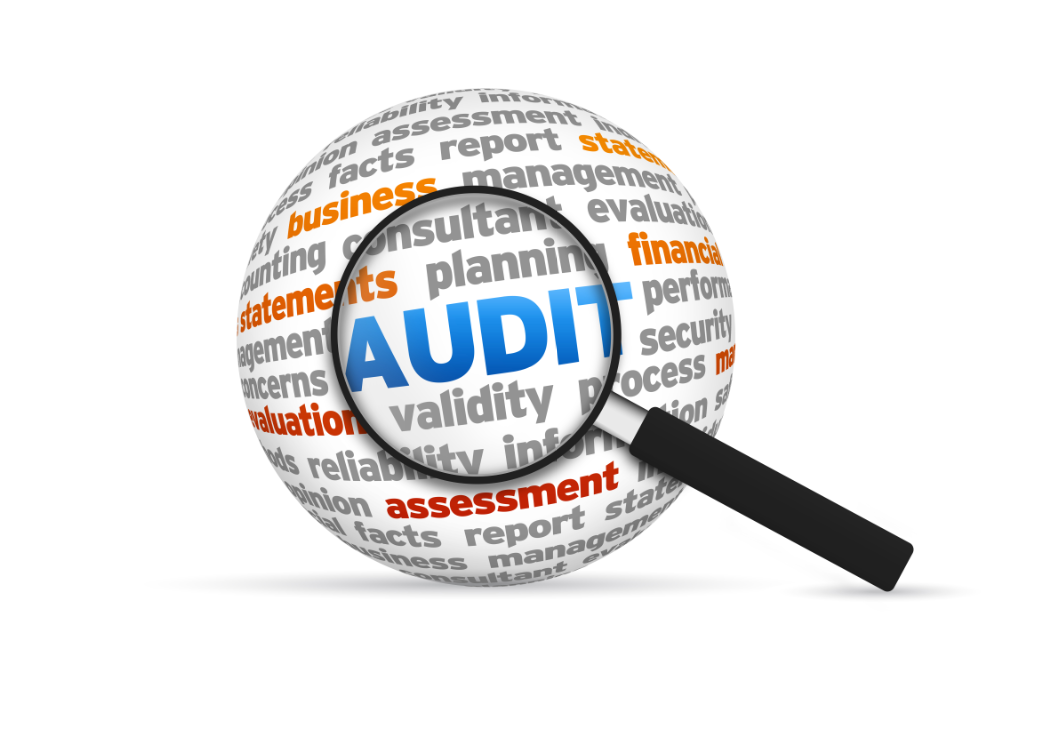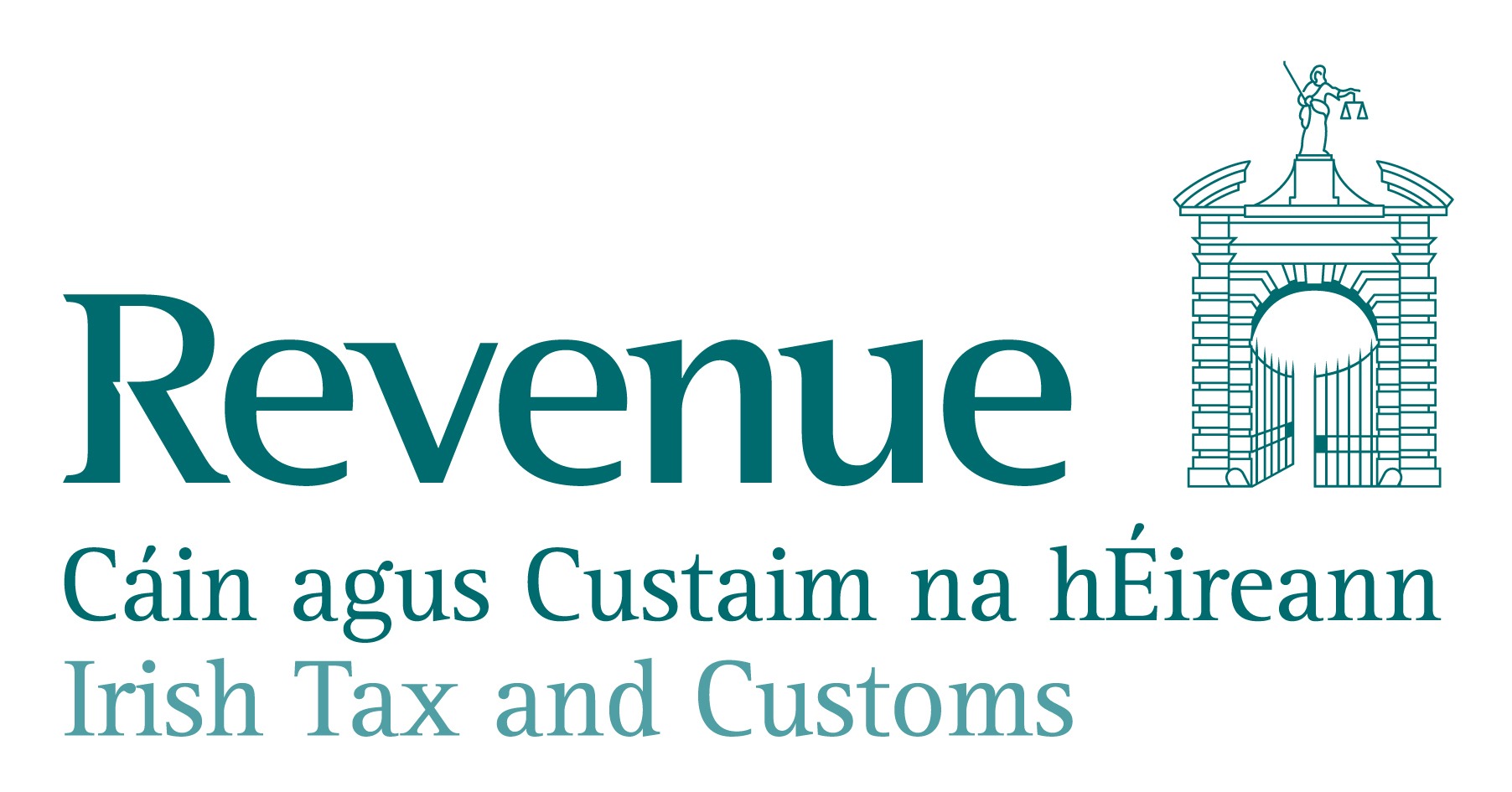
by John McCarthy Consulting Ltd. | Nov 28, 2023 | Blog, News
A controversial proposal to update the UK FRC Revised Ethical Standard from the Financial Reporting Council in the UK states that they are proposing to enhance the prohibition (among other proposals) on certain tax services that can be provided to the majority shareholders of unlisted entities. The proposal is for this service to be banned in the UK from 15 December 2024. Please note that this is a UK proposal only and is not necessarily going to be adopted as currently worded. It does not apply to audits for Republic for Ireland entity audits.
The proposal wording is as follows (quoting from the consultation document):
Tax Services
5.67 The range of activities encompassed by the term ‘tax services’ is wide. They include where the firm:
(a) provides advice to the entity on one or more specific matters at the request of the entity; or
(b) undertakes a substantial proportion of the tax planning or compliance work for the entity; or
(c) promotes tax structures or products to the entity, the effectiveness of which is likely to be influenced by the manner in which they are accounted for in the financial statements, or in audit subject matter information;
(d) performs any of the services described in paragraphs a-c to individuals who are the majority owner(s) of an unlisted entity relevant to an engagement.
This latter service is proposed to be banned from 15/12/2024 in the UK.’ The consultation is now closed as the deadline was 31 October 2023.
The reason we bring this to the attention of our readers in Ireland is that quite often the Irish Audit & Accounting Supervisory Authority (the audit regulator in Ireland) has, in the past, incorporated similar changes to the Code of Ethics for Auditors in Ireland, sometimes with amendments, but not always.
The normal process would be for the Irish Audit & Accounting Supervisory Authority to consult in Ireland on any changes to its Code of Ethics and, taking account of feedback received, may then publish a new Ethical Standard for auditors, which would most likely not be effective before 15 December 2024. At the time of writing we have no notice of such intent on the part of the Irish Audit & Accounting Supervisory Authority.
IT Controls Assessment
Auditors are reminded that there are relatively significant changes in the requirements of ISA 315 Identifying and Assessing the Risks of Material Misstatement for accounting periods commencing 15 December 2021, which in practical terms means, accounting periods Ended 21 December 2022 and later.
Auditors dealing with the audits of entities with such accounting periods affected by these change will need, to adopt new audit programmes and, in additional to the normal audit tests, to also assess the entity’s IT controls (no matter what the size of that entity).
This is a significant new development for auditors of SMEs, in particular, and will be a game changer ion the type of audit documentation and evidence of assessment of such IT controls by the auditor on audit files.
For an easy to implement additional (two page) IT Controls Questionnaire to help document the above process, please click on this link to download immediately for only €60 + VAT.
Please also go to our website to see our:
- Anti-Money Laundering Policies Controls & Procedures Manual (March 2022) – View the Table of Contents click here.
- AML webinar (March 2022) available here, which accompanies the AML Manual. It explains the current legal AML reporting position for accountancy firms and includes a quiz. Upon completion, you receive a CPD Certificate of attendance in your inbox.
- letters of engagement and similar templates. Please visit our site here where immediate downloads are available in Word format. A bulk discount is available for orders of five or more items if bought together.
- ISQM TOOLKIT or if you prefer to chat through the different audit risks and potential appropriate responses presented by this new standard, please contact John McCarthy FCA by e-mail at john@jmcc.ie.
We typically tailor ISQM training and brainstorming sessions to suit your firm’s unique requirements. The ISQM TOOLKIT 2022 is available to purchase here.

by John McCarthy Consulting Ltd. | Nov 3, 2020 | Blog, News
Come 31 December 2020, many external auditors will be planning for the audit busy season and the issue of remote stocktakes (more on this in a future blog) and carrying out remote audits.
31 December is the most common company year end in Ireland. Because the pandemic struck after 31 December 2019, the Coronavirus (Covid-19) was deemed, in most cases, to be a non-adjusting post balance sheet event. For 31 December 2020 period ends, auditors no longer have that luxury and will need to take even greater care with events taking place in their audit clients since the advent of the Coronavirus (Covid-19) in March 2020.
One UK firm I have come across is having partner consultations on every audit report they issue. Obviously, this approach may not be appropriate for all audits, as some client sectors are more affected by Covid-19 than others. It is very important that attention be give to the following key items:
- Transparent and logical documentation of any revised audit approach;
- Direct lines of communication within the firm and
- Written evidence of compliance.
Many of the issues faced by the management and staff of client entities are also faced by auditors. In both cases, where we come in and out of lockdown, there is a need to manage younger staff, staff with small children/dependents and staff working in less than ideal home environments. Auditors will need to include in their 2020 audit plans the potential risk and/or impact of secondary outbreaks that may lead to the reintroduction of restrictions in early 2021.
Five matters that are critical to consider:
- Consider accuracy, completeness, relevance, and reliability. These are the four critical audit evidence components. You have to use your judgment as to what is reliable, relevant evidence that you can use in an electronic environment.
- Beware of the potential for cyberattacks. There seems to be increased risk related to hackers trying to take advantage of Covid-19 using various scams related to the Pandemic.
- Use laptop cameras effectively for client and team meetings. Video discussions and interviews with clients are going to be essential in the remote audit process.
- Flexible schedules. Clients as well as audit team members will welcome this. Flexibility is called for here so everyone is willing to adjust timetables to make it convenient and more accessible for clients. Some people may work better from 7 a.m. to 9 a.m. Or 6 p.m. to 8 p.m., depending on daily routines.
- Be prepared for change. Post Covid-19 business will be done differently. By now technology has taught us that there are more ways of getting things done, than we had allowed, prior to Covid. Firms will need to plan for the short, medium, and long-term as to how remote working is going to impact.
For a complete list of our time-saving engagement letter templates for audit, non-audit, tax, grant claims, forensic services and other templates like letters of representation dealing with Brexit and Covid-19, visit our store here.
We also have a suite of 19 webinars if you want to catch up on your CPD before the end of 2020 here.
For the latest technical resources on Covid-19 please visit the
- Chartered Accountants Ireland Covid hub here
- ICAEW Covid-19 hub here

by John McCarthy Consulting Ltd. | Oct 20, 2020 | Blog, News
Our blog two weeks ago highlighted the main pieces of legislation that go into an audit letter of engagement, while last week we looked at the fundamentals of tax engagement letters.
This week we show you a checklist that covers worthwhile clauses for all types of letters of engagement:
- Exclusion clause. Because tax services can be broad, an exclusion clause that identifies what services will not be provided can be invaluable. For example, a payroll taxes preparation engagement might exclude subcontractor tax, personal or corporate tax compliance, and Forms P11D preparation.
- Deadline for submitting return information. Establishing a date by which the client must provide the information needed to prepare the return is essential.
- Limitation on use of the returns. Clients may submit tax returns and/or supporting data (like rental income computations) to third parties in lieu of a financial statement, for which potential liability can be addressed through a clause limiting the circulation of tax returns, supporting data and distribution and/or requiring advance written permission before allowing the client circulate the information to named third parties.
- Tax position clauses. Many times, what the client thinks is acceptable will conflict with professional standards. Establish language stating that tax positions taken must satisfy professional standards.
- Supporting documentation. Because a Revenue audit or investigation is always a possibility, remind clients of their responsibility to maintain adequate records to support the deductions claimed on the return. Include in the letter a reminder of the length of time for which the records should be maintained.
- Revenue Audit. Representing a client in a Revenue Audit may be more involved than the tax return preparation itself, for which many accountants may want to deal in a different manner to the main tax assignment e.g. by allowing for the use of specialist advice. The engagement letter should state that in the event of a Revenue Audit the assignment will be covered by the terms of a separately signed engagement letter.
- Outcome or results. The engagement letter is not a marketing device. Never guarantee the outcome or results.
- Limitation of liability. Ensure such clauses are used appropriately.
- Complaints/best service. Make it clear what the lines of communication are in the event of a dispute or claim (give the contact name for the Partner/Director in your organisation that will primarily handle client complaints) and in the event of failure to reach a satisfactory outcome, give the contact details of your professional body.
For a complete list of our time-saving engagement letter templates for audit, non-audit, tax, grant claims, forensic services and other templates like letters of representation dealing with Brexit and Covid-19, visit our store here.
We also have a suite of 19 webinars if you want to catch up on your CPD before the end of 2020 here.

by John McCarthy Consulting Ltd. | Oct 19, 2020 | Blog, News
Tax engagement letter fundamentals
Here we outline the fundamentals of good tax engagement letter content and suggest provisions that will help minimize legal liability faced by accountants in practice. The advice here will work for most other types of engagement letter also.
Tightening the language used in letters of engagement will help limit your professional liability.
Insurers and solicitors specialising in professional negligence claims will often agree that well drafted letters of engagement are one of the first lines of defence in a professional negligence claim against an accountant. They form the basis of an enforceable contract and should contain:
- caveats that are unique to the scope of the service provided (e.g. for services outside the scope of the assignment);
- the amount of risk inherent in the engagement; and
- references to ethical and professional standards.
Here are some of the fundamental objectives of a well-crafted tax letter of engagement:
- Address the letter to the appropriate parties in a formal introductory paragraph. Exclude any taxes not within the scope of the tax return and exclude children of the client or other entities owned by the individual tax client and include the appropriate year or years that are being prepared.
- Identify which returns are being prepared, and do not combine multiple returns. (For example, do not include a gift tax return service with an income tax return unless the proper disclaimer language for a gift tax return is included.) The following language is highly recommended.
‘We will prepare your [Year] income tax return. This engagement pertains only to the [Year] tax year, and our responsibilities do not include preparation of any other tax returns that may be due to any tax authority, If we receive specific instructions from you about other taxes or other tax years, these assignments will be the subject of separate engagement letters.’
- Deal with the price of the service, payment terms, retainers, additional charges for information received late, additional fees. Clarity and diligence must be adhered to, as many professional liability lawsuits, professional body ethical complaints, and loss of clients have resulted from misunderstanding these provisions.
Too often, vague phrases like the following is used in a standard letter:
‘Our fee for services will be at our standard hourly rate for the personnel assigned to this engagement [or fixed fees to cover other than hourly fee arrangements]. Payment is expected when our services are complete.’’
- Consider the following enhancements to the typical clause above:
- Specify the payment terms more clearly;
- If you wish, stipulate that a retainer will be required and will be applied toward the final fee and that the retainer is not an estimate of the fee charged for services;
- Identify when payment is expected;
- Provide for a termination of services if the fee is not paid in full;
- Use an additional charge clause for services not originally contemplated; and
- Include a provision for reimbursement for out-of-pocket expenses such as travel, recorded delivery, etc.
- Use a tax checklist for clients to complete and return.
The value of a tax checklist in defending a professional liability claim cannot be overstated. However, many tax advisers complain that their clients do not complete the checklist and often return it unopened. Accountants and tax advisers need to get the client to take responsibility for completing the checklist.
The language used in the engagement letter should establish this responsibility:
‘We will prepare the returns from information which you will furnish to us. It is your responsibility to provide all the information required for the preparation of complete and accurate returns. We will furnish you with questionnaires and/or worksheets as needed to guide you in gathering the necessary information. Your use of such forms will assist us in keeping our fee to a minimum. To the extent we render any accounting and/or bookkeeping assistance, it will be limited to those tasks we deem necessary for preparation of your tax returns’.
For a complete list of our time-saving engagement letter templates for audit, non-audit, tax, grant claims, forensic services and other templates like letters of representation dealing with Brexit and Covid-19, visit our store here.
We also have a suite of 19 webinars if you want to catch up on your CPD before the end of 2020 here.

by John McCarthy Consulting Ltd. | Aug 17, 2014 | News
In the brief video attached I want to highlight some of the many tax implications that will arise for preparers of the first financial statements under the new Irish GAAP for the calendar year 2015.
(more…)










